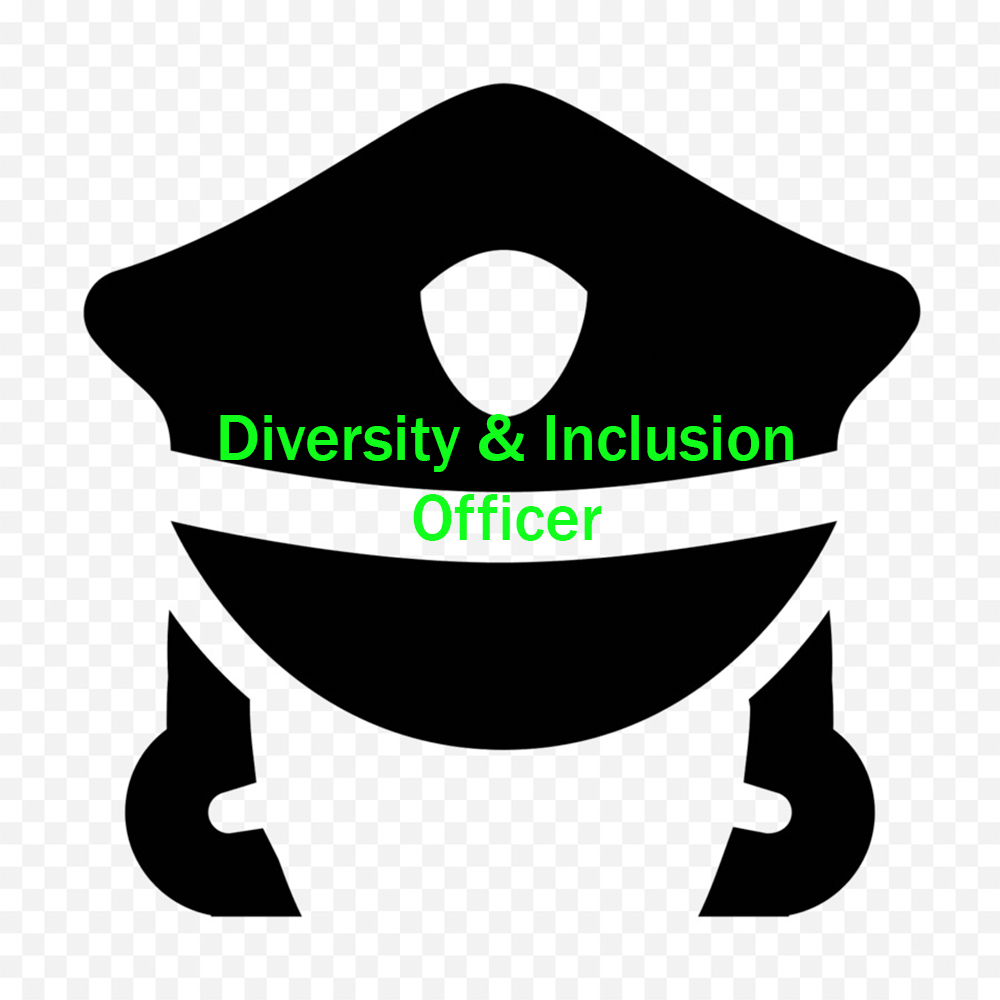Earlier this year, a group called Equity Matters asked the province to establish an education equity secretariat. They want this office to oversee equity officers working in Manitoba schools.
Equity Matters wants to ensure that all Manitoba students are reflected in the curriculum and can see themselves in all staff levels in the public education system. They don’t want any student to feel left out.
For this reason, Equity Matters has asked all three major political parties to sign a pledge agreeing to establish this office. While the Liberals and NDP have signed it, the Progressive Conservatives have not. Nor should they.
Obviously, no one can disagree with the intentions of the Equity Matters organizers. The problem is not with their intent, but with their proposed solution.
According to Equity Matters, an education secretariat would conduct equity audits of schools, monitor employment equity policies and programs, and collect disaggregated student data (on gender, race, sexual orientation, etc.) in areas such as suspensions, absenteeism, and graduation rates.
In short, this secretariat would amass a huge amount of data highlighting differences between various student groups. Presumably, this data would help school divisions better target their programming to students from these historically disadvantaged groups.
However, it is important to ask one question. Is there convincing evidence that establishing this secretariat would lead to improved student achievement? This is an important question, since creating this office would, no doubt, constitute a significant expenditure.
Keep in mind that new government offices are rarely cheap, particularly since they tend to expand over time. Money spent on this secretariat is money that cannot be used to hire more classroom teachers or build new schools.
In addition, we should avoid the classic error of pushing for equality of outcome rather than equality of opportunity. These are not the same things.
The reality is that students are unique individuals, and their uniqueness extends far beyond their “membership” in any particular group. Lumping students together based on their race or gender and targeting educational programming at students with these assumed identities ignores the fact that students do not always fit within these neat and tidy groups.
Instead, we need to promote the dignity and worth of all students, regardless of their race, gender, or sexual orientation. This doesn’t mean we ignore obvious differences, but rather that we accept people in spite of those differences. That is the real meaning of inclusion.
Most importantly, we need to provide the best education that we possibly can to all students. This means, among other things, ensuring that our reading instruction programs are based on the best scientific evidence available. All students must learn how to read if they want to succeed in the future.
Similarly, we must ensure that all students receive the type of math instruction that helps them master the basic skills. For example, learning standard algorithms and memorizing the times table have nothing to do with race or gender, but they have everything to do with becoming proficient at math. Numbers are numbers, regardless of your race or gender identity.
If we want to empower students from disadvantaged backgrounds, then we need to provide them with a quality education. We don’t need a new education office with equity officers in every school to do that.
Michael Zwaagstra is a public high school teacher and a senior fellow with the Frontier Centre for Public Policy.



